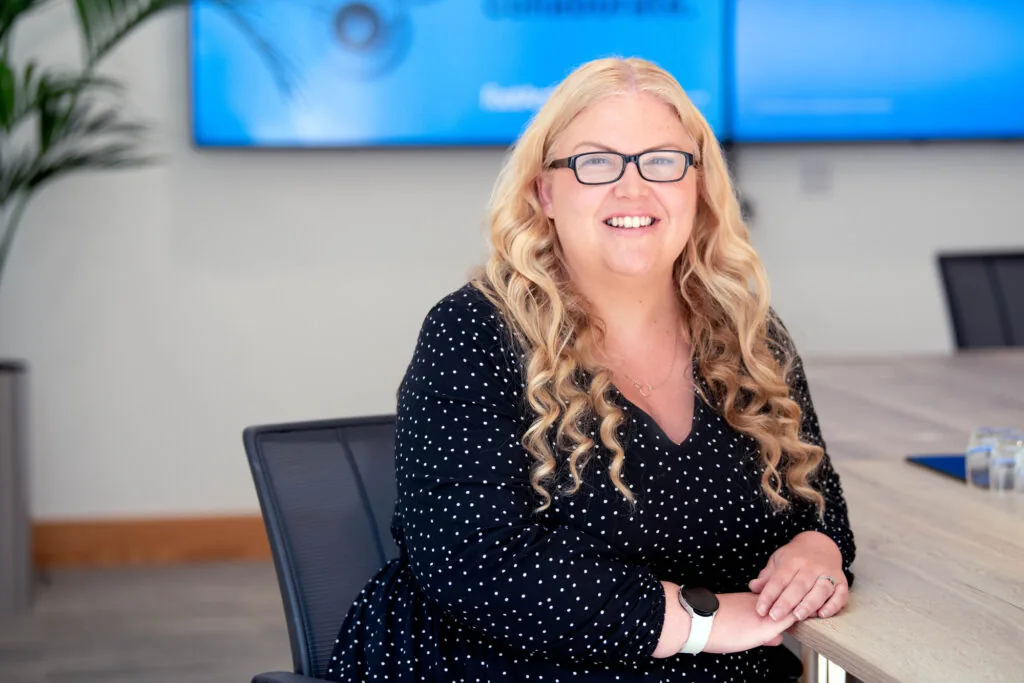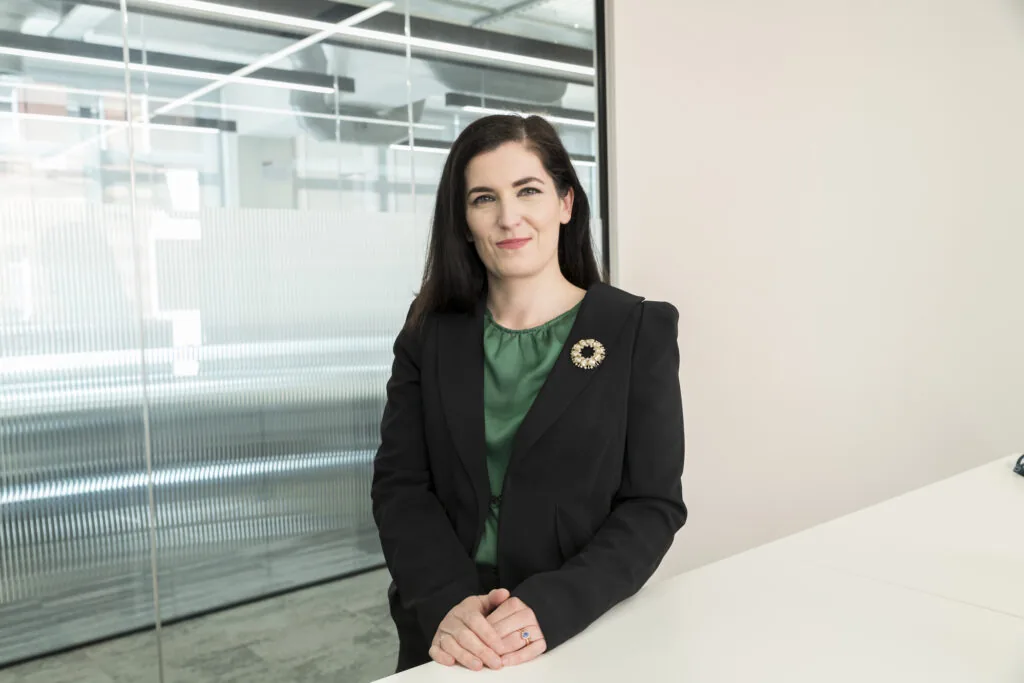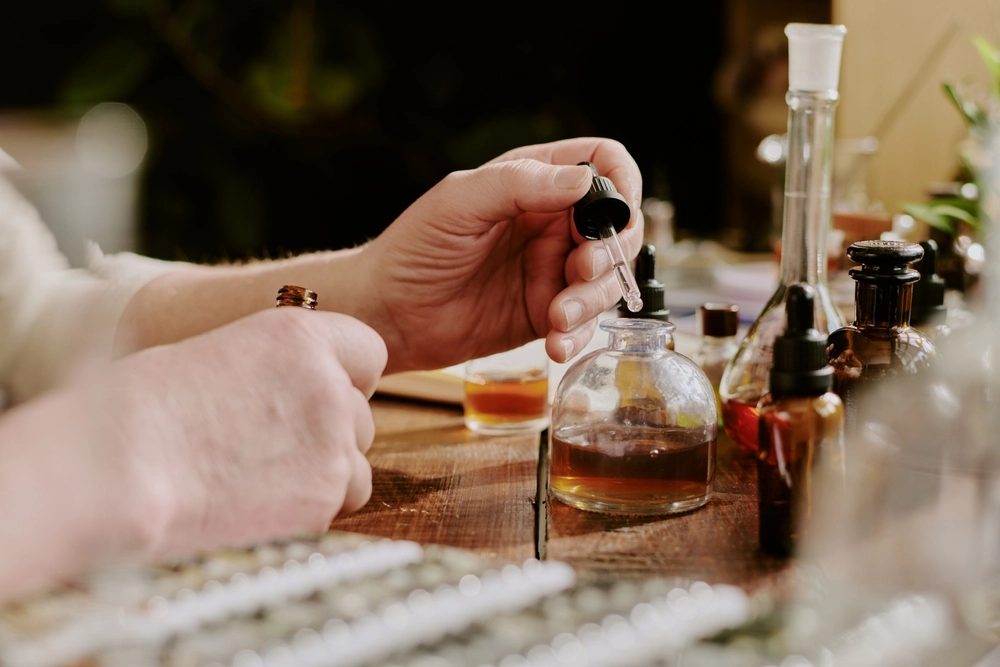
World Intellectual Property Day 2025 – IP and music: Feel the beat of IP


World Intellectual Property Day falls on 26 April each year. This year the World Intellectual Property Organisation (WIPO) is inviting us to explore the theme of "IP and music: Feel the beat of IP".
IP rights are a valuable tool to protect the work of creators and musicians and help promote musical creativity in the industry. In this article, we explore what IP rights are available to someone seeking protection in the music world, and how these rights can be used advantageously, if in place.
Copyright
Copyright is an automatic right protecting original works including musical compositions, lyrics and sound recordings. The owner benefits from exclusive rights to use and commercialise the work.
The duration of the subsisting copyright differs depending on the type of work it applies to. For instance, literary and musical works (i.e. lyrics and music) will have the benefit of copyright throughout the author/composer's life plus 70 years.
Musical copyright can arise in respect of both the composition and the master recording and it is possible for the two copyrights to be held by different owners (i.e. the musical composition by the song writer and the master recording by the record label).
The law in this area is ever changing, and it has developed over time through case law. These include Sheeran v Chokri, a copyright infringement case concerning Ed Sheeran's 'Shape of You' and, more specifically, the similarity between the "Oh I, Oh I, Oh I" sung by Ed Sheeran and the "Oh Why" element in the earlier Sami Switch song. With an increasing amount of music being produced every day and being made available in more places worldwide by way of technology, the case highlights the increasing potential for similarity of music and copyright infringements by way of inadvertent copying.
Trade marks
Artists, producers and record labels use trade marks to protect what constitutes their "brand" (including names, logos and slogans). For example, Taylor Swift has registered trade marks for phrases like "this sick beat" and "we never go out of style" in an effort to control merchandise and to prevent unofficial exploitation of her unique brand. An owner of a registered trade mark has a right of enforcement against infringement, and so any one who owns a trade mark can pursue others for infringement. A music-related example is Easy Life v easyGroup. In 2023, the former was forced to change their name after the owners of easyJet (easyGroup) brought trade mark infringement proceedings against the band. What the case importantly highlights is the need for artists to pursue ascertainable methods of protection for their brand (well done, Taylor Swift!). Find out more about our trade mark lawyers.
Passing off and image rights
Where a trade mark registration doesn't exist, "passing off" protects reputation and goodwill. Passing off occurs when one business falsely represents their goods and services as those of another and this leads to the consumer wrongly believing that they are interacting with the original business. Passing off has a presence in the music world, for example, in Robyn Rihanna Fenty v Arcadia Group, Rihanna sued Topshop for using her image on a T-shirt without permission, and was successful, with the court finding that Rihanna's image had been used on a t-shirt without authorisation and it misled consumers in thinking that she endorsed the product, thereby damaging her brand. The case is also a lesson on the growing significance of image rights in celebrity branding.
Design rights
A design registration protects the appearance of a product (whole or in part) and includes 2D images and 3D objects.
In the music industry design rights can protect the visual appearance of album covers, stage costumes, or unique merchandise. For example, Kanye West's Yeezy shoe designs are a registered design and Gibson, the iconic guitar brand, has legal protection by way of design rights for its guitars including the "Gibson Les Paul". Find out more about our design rights lawyers.
Patents
Patents protect a product or process which is new, inventive and capable of industrial application, provided that it has not already been disclosed. They protect technical or functional aspects of a new product or method and provide a monopoly right over the invention.
In music, patents can protect inventions including sound equipment, digital audio tech and production tools, provided this is "innovation" in some way. For instance, Dr Dre's headphones (Beats by Dre) are protected by a variety of patents, including for their ornamental design and unique technological elements. Another example is the iPod Click Wheel, which was patented when Apple launched the iPod. Find out more about our patent lawyers.
Moral rights
Finally, moral rights give creators control over the integrity and attribution of their work, allowing them to object if their work is distorted in a way that harms their reputation. A good example is Adele, who following the release of her album "30", successfully directed Spotify to disable its shuffle feature for the album. The basis of her argument was that the feature did not respect her artistic choices, which included choosing the order of the songs in the album.
Another example is George Michael, who in 1993 was able to successfully prevent the release of a mix which contained a collection of songs by Wham!, called the "Bad Boys Megamix". The Court of Appeal granted a pre-trial injunction on the basis that the mixtape was capable of derogatory treatment as a potential distortion or mutilation of his original works and therefore in breach of his moral rights.
Conclusion
IP clearly plays a vital role at every level of music and the music industry. Whether it is protecting the song itself, the instruments that play it or the artists brand that accompanies it, IP protections help to ensure that creativity is rewarded commercially and fairly.
At Foot Anstey, our intellectual property lawyers provide expert intellectual property advice to help businesses secure and maximise the value of their IP assets. We understand the commercial importance of IP rights and advise businesses on the best and most cost-effective solutions to maximise value and achieve commercial objectives. With extensive experience across multiple sectors, our intellectual property team provides clients with strategic and practical IP legal support to help them navigate the complexities of intellectual property law. If you would like to know more, please get in touch with our expert team.


























